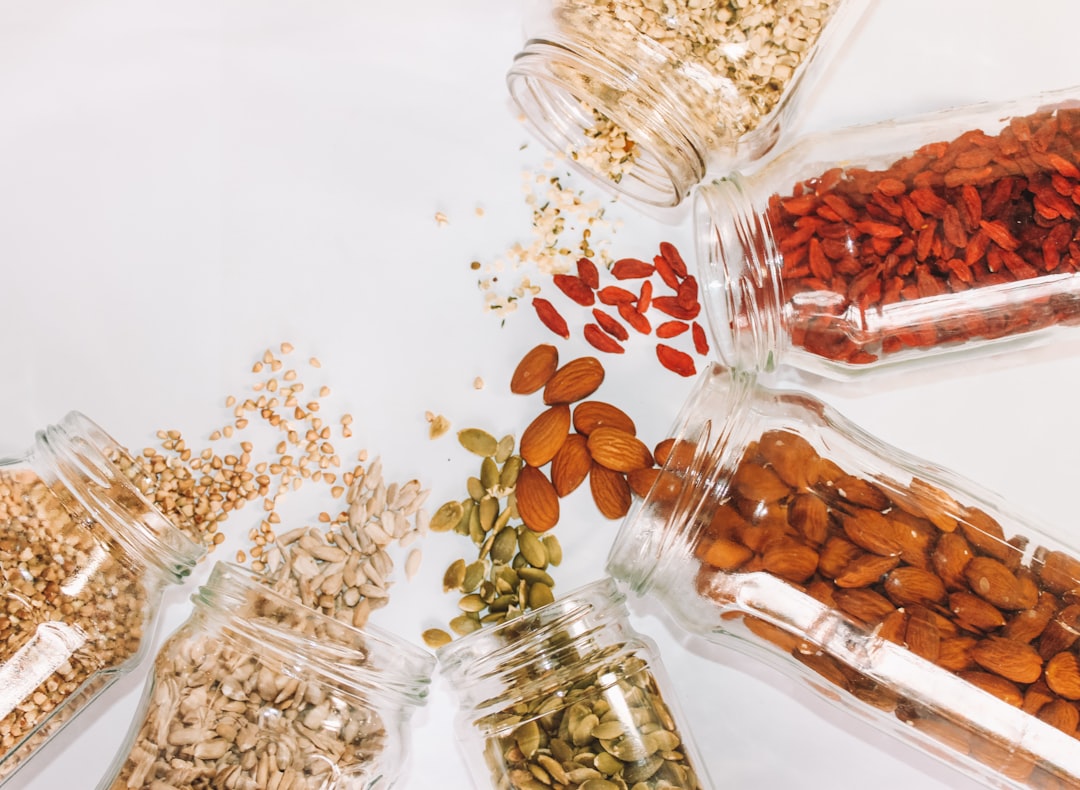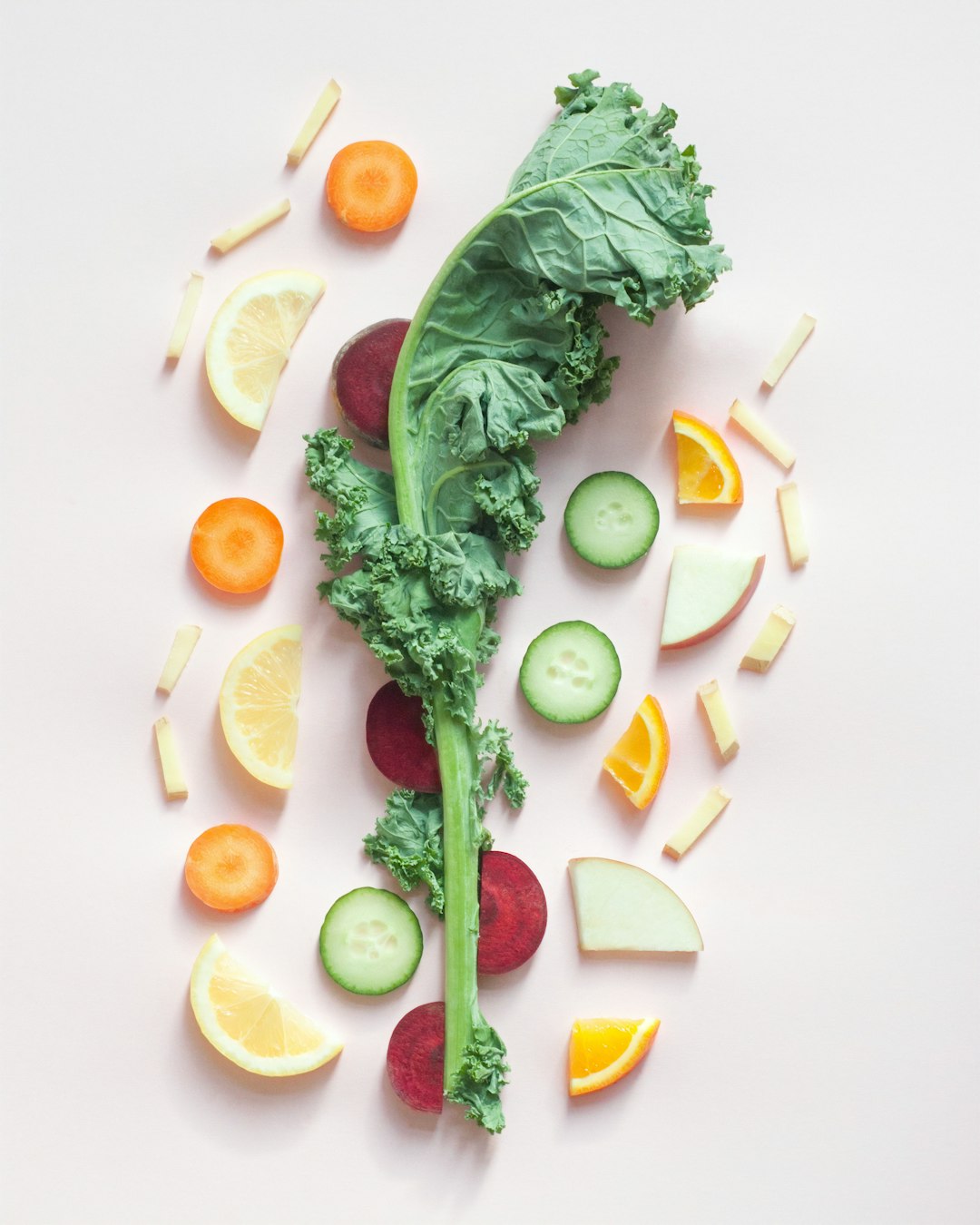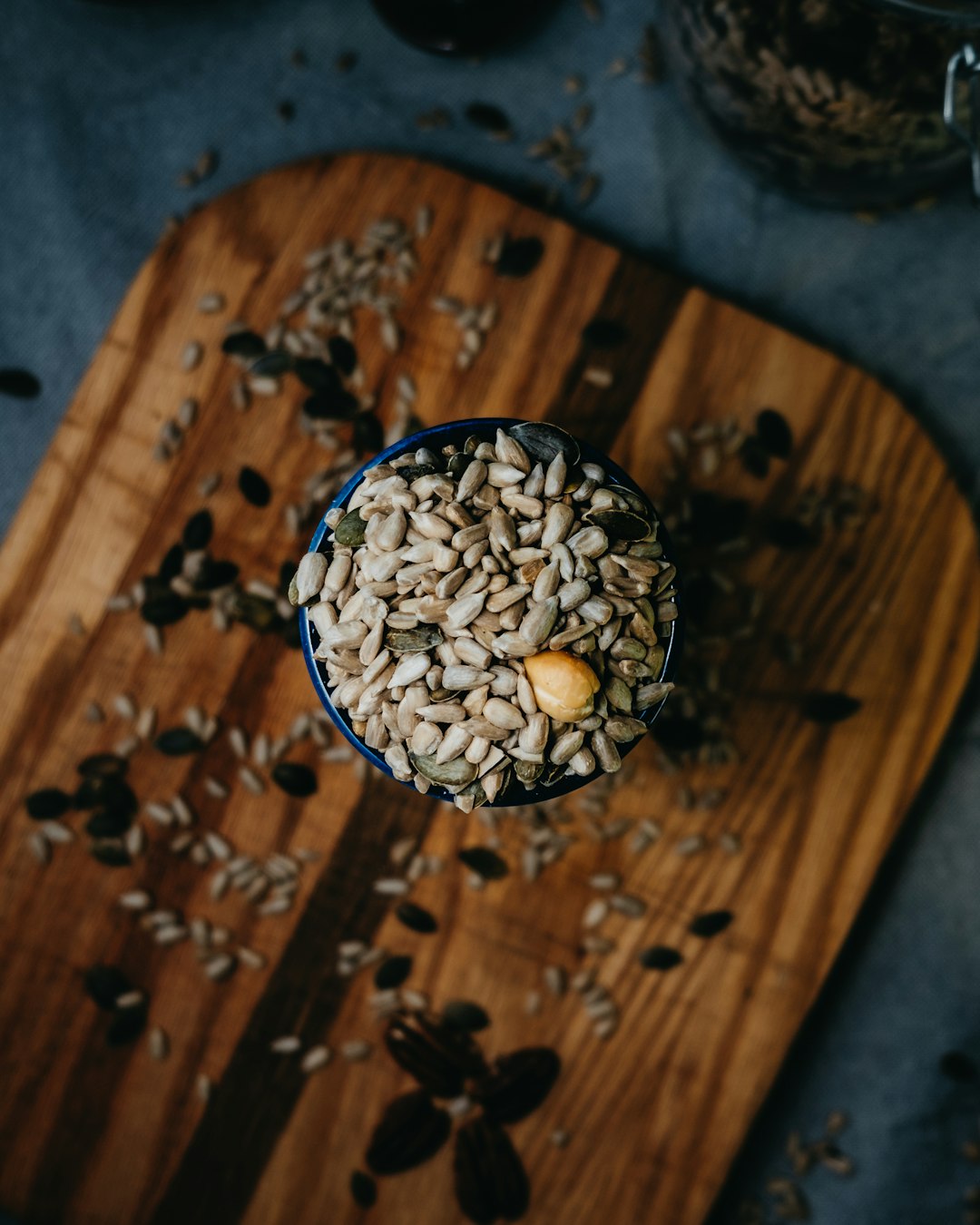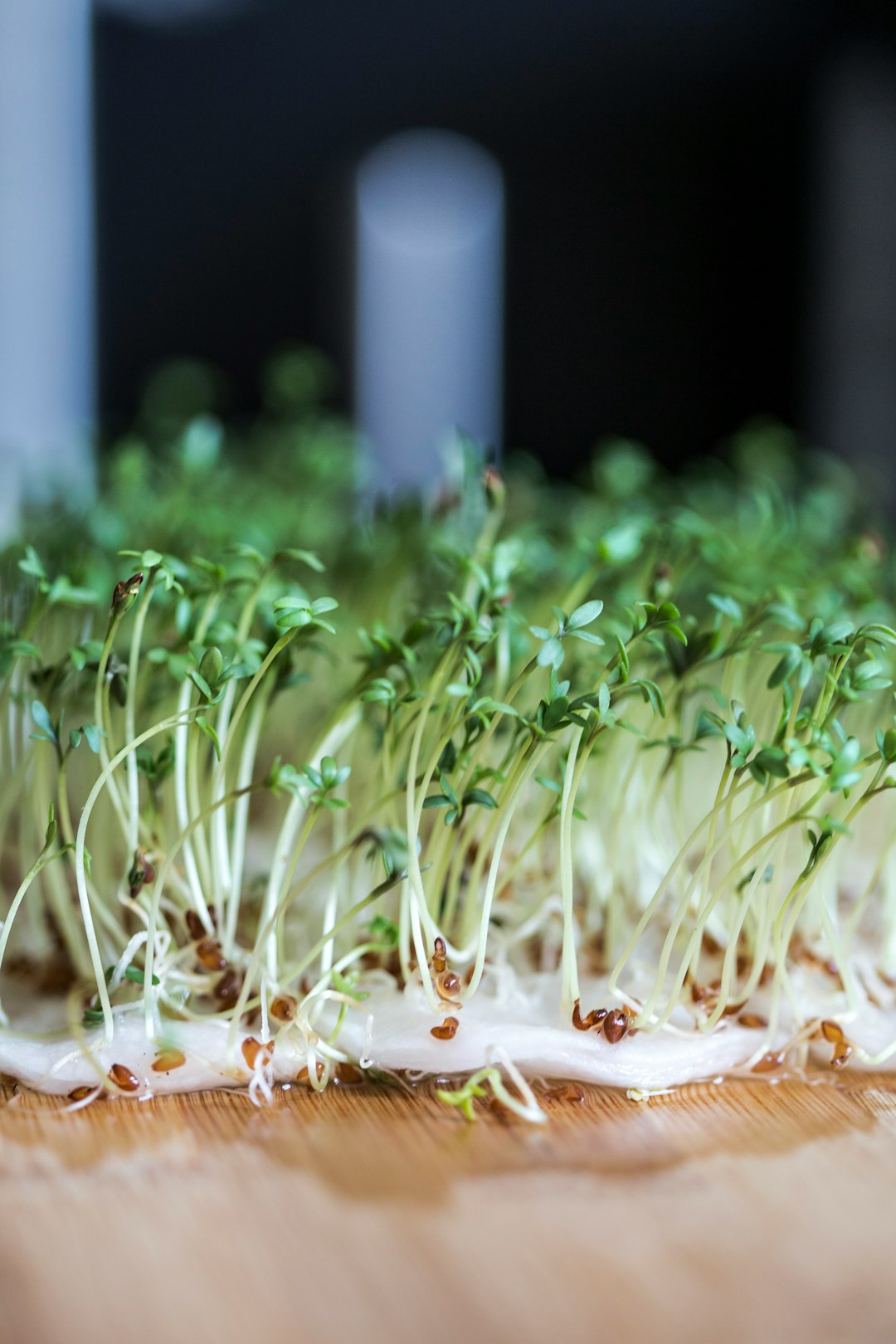Organic Dried Pineapple Rings
-
Certified Organic by A Bee Organic
-
Certified Kosher by Union of Orthodox Jewish Congregations of America
-
Suitable for Vegetarians
-
Suitable for Vegans
- Non-GMO
About the product:
- SWEET LOW-CALORIE SNACK: Organic Dried Pineapple calories: 69 per 1 ounce. Enjoy this healthy snack anytime.
- VITAMIN C BOOST: Food To Live Organic Dried Pineapple is full of antioxidants and gives you a large serving of vitamin C.
- CERTIFIED ORGANIC PINEAPPLE: Our Organic Dried Pineapple is non-GMO and 100% free from pesticides.
- HEALTHY ENERGY SOURCE: Snacking on our dried pineapple rings fills you with energy right away.
- GREAT COOKING INGREDIENT: Enjoy dried pineapple slices in baked goods, salads, sauces, fried rice, desserts, and tea.
Product description:
Where Do Pineapples Come From?
The pineapple plant, also called ‘ananas’, comes from Paraguay. The local peoples helped it spread to other parts of South America and the Spanish conquistadores brought it back to Spain, from where the news of the delicious fruit traveled all over the world. Organic Dried Pineapple from Food To Live is the fruit turned into a great quick snack. It’s tasty, keeps well, and has several dozen culinary uses. It’s also a low-calorie and low-fat product, so you can chew a few dried pineapple rings to get a boost of energy anytime.
Benefits of Organic Dried Pineapple from Food To Live
There are about 25.5 million tons of pineapples harvested every year. The majority of them comes from Costa Rica, Brazil, and the Philippines.
Unfortunately, due to the complexities of cultivation, commercial producers of the pineapple plant usually resort to treating their plantations with pesticides. These are extremely dangerous for you and the planet both.
Food to Live Organic Dried Pineapple is a certified organic product sourced from farmers who only use natural treatments on their crops and soil. Our product is completely free from any harmful and toxic additives, such as pesticides and insecticides. Processed at an organic certified facility, our Dried Pineapple is unsweetened, safe, and delicious, like only 100% natural fruit can be. You and your family can enjoy it anytime as it will keep for many months in your pantry, cupboard, or fridge.
Uses of Pineapples for Food and Beauty
Pineapple is a very popular fruit and has many uses in various industries. You can eat it raw as it tastes amazing or add to fruit salads, pizza toppings, smoothies, or desserts. Fresh pineapple can also be used in stews and even some exotic varieties of curry. However, Organic Dried Pineapple is often a better option for these particular recipes.
If you want to enjoy a healthy drink that gives you over 100% of the daily recommended dose of vitamin C in one glass, try freshly squeezed pineapple juice. You might want to dilute it with water a bit as it tastes extremely potent and will leave a tingling feeling in your mouth.
Pineapple fruits contain a variety of acids which can help promote the digestive function. Some of them even have industrial applications as natural preservatives for processed foods. The high level of antioxidants also makes pineapples a great beauty fruit, so there are quite a few creams and serums that use pineapple extract to brighten and rejuvenate the skin.
Dried pineapple rings, chunks, and slices have a variety of culinary uses, same as all dried fruits. They are naturally sweeter than many other products of this type and their taste is rather mild, which makes them a great addition to many dishes. Organic sun-dried pineapple can be enjoyed right from the pack and doesn’t require rehydration like freeze-dried products.
How to Grow a Pineapple
To grow a pineapple plant you’ll need one ripe fruit. Twist and pull the leafy part of the fruit gently. Clean the leaves carefully from leftover fruit and remove a few of the lower ones to partially reveal the stem. Then turn the sucker upside down and let it dry for one week.
After this, put the sucker into a glass filled with water so that the stem is submerged but the leaves remain dry. Give the plant plenty of warmth and light while it soaks and develops roots. Change water every few days.
Once the roots develop, plant your pineapple in a 12’’ x12’’ pot and keep it warm and well-watered.
Does Pineapple Have Seeds?
The pineapple plant usually does not produce seeds. Occasionally, tiny black seeds might develop right under the peel, and you can grow pineapples from them. However, this occurrence is rare and pro process of nurturing this plant from a seed is extremely long and trying. It would literally take you several years of work to turn a seed into a mature plant that bears fruit.
Pineapple Citric Acid: Is Pineapple a Citrus Fruit?
Strictly speaking, pineapple isn’t a citrus fruit, but it does contain large quantities of citric acid. Therefore, it is subject to the same concerns as any other citrus. If you suffer from a medical condition that requires you to avoid citric acid, in particular, this fruit isn't the best choice for you. However, if you don’t have any specific dietary requirements, this substance is safe and can even be beneficial.
Dried Pineapple Rings: Calories and Nutrition
The pineapple plant produces a highly nutritious fruit. Dehydrating it reduces the nutritious value of the treat. However, it retains a large dose of some elements because fresh fruit contains extremely large amounts of them.
Organic dried pineapple makes a wonderful snack for the times when you need quick energy because it contains a lot of sugar. Removing water from the fruit increases the amount of it per serving because the mass of the product is reduced at least by a half. One ounce of dried pineapple slices, chunks, or rings contains about 69 calories and 64 of them come from ‘quick’ carbs. Another benefit of the high sugar content in dried fruit is that it prevents spoilage. Therefore, as long as you prevent moisture to getting into the container with dried pineapple, it can keep for years.
Unlike fresh fruit, dried pineapple doesn’t contain vitamin A, but 3 ounces of it will give you 50% of the recommended daily amount (RDA) of vitamin C. This dried fruit is also an excellent source of manganese. Two dried pineapple slices will provide you with about 75% of manganese RDA.
Note that this delicious fruit contains a mix of enzymes called bromelain, which is associated with numerous benefits. Pineapple extract is used in various dietary supplements because of these special elements that boost your general wellbeing.
Is Organic Dried Pineapple Good for You?
Because of dried pineapple nutrient content and ability to boost your energy levels fast at the cost of few calories, this fruit is very good for you. It’s even better that the product contains less than a gram (0.17 g) of fat in one serving.
One ounce of dried pineapple (unsweetened) contains about 0.77 g of proteins. Bodybuilders and other people concerned with their protein intake might consider using this delicious fruit as a natural sweetener for smoothies and energy bars.
What to Do with Dried Pineapple Chunks, Rings, and Slices
Dried pineapple (unsweetened) can be used to create many amazingly delicious dishes. The fruit is so tasty, you can enjoy it as is. It’ll make a good energizing snack if you are in a hurry and need to ‘refuel’ fast.
You can include dried pineapple rings, chunks, and slices to a variety of salads. Their pleasantly sweet flavor will go well with any fruits and you can even make some sweet+sour salads mixing veggies, dried pineapple chunks, and a balsamic vinegar dressing. If you eat meat, combining dried pineapple slices with ham or chicken would create a fantastic burst of flavor.
One cannot make pineapple juice from dried fruits, but you definitely can make delicious and healthy pineapple tea. A simple coconut water+pineapple mix would also produce a nutritious and tasty beverage you can enjoy with ice on a hot day. Of course, you can also add a few pieces of dried fruit to your smoothie to make it sweeter and more nutritious. Sun dried pineapples taste great with a variety of other foods, so you can test out how this addition will complement all your favorite recipes. Any type of pineapple smoothie is bound to be great.
Food To Live Organic Dried Pineapple is perfect for baking or making raw cakes and energy bites. Use it with nuts and other dried fruits or make an incredible pineapple cake. It’ll be a true gem of any special dinner.
Dried pineapple sauce is rich in flavor and can complement a variety of both meat and vegan dishes, so be sure to learn how to make it. There are a great number of recipes for it, so experiment or develop your own.
Adding some dried fruit chunks when making pineapple jam will enhance the texture and make the final product more delicious. You can also add them to pineapple jello.
You should also try making dried pineapple fried rice. It’ll be a simple dinner to impress your family and guests. It tastes rather exotic, especially when combined with rich Indian spice mixes.
Do not forget to add some Organic Dried Pineapple (unsweetened) to your granolas, trail mixes, and cereal. In essence, you can use this product to replace or go with any other dried fruit in the vast majority of recipes that call for this type of food.
Energy Bites: A Dried Pineapple Recipe
Ingredients:
- · ½ cup dried pineapple
- · 2 carrots (shredded)
- · 2 cups pecans
- · ½ cup dried coconut (shredded)
- · 10 medjool dates (pitted)
- · 1 teaspoon cinnamon
- · ¼ teaspoon sea salt
Instructions:
1. Put all ingredients in a blender and process them until you get relatively smooth, sticky mass. The mixture might be a bit dry, especially if you don’t reconstitute pineapple beforehand. In this case, add a little bit of water directly to the mix. This would make processing easier.
2. Transfer your ‘batter’ onto a baking pan (8x8 will do best) and press it into the pan with your hands. Wet your palms with warm water to avoid the mixture sticking to them.
3. Refrigerate your carrot + pineapple cake for no less than an hour before cutting it into small pieces to make your energy bites.
Store the bites in the fridge. If you keep them in an airtight container, they can last for a week. If you want to make this dish into an attractive dessert to serve your guests, serve it as a raw pie with a topping made of coconut cream and maple syrup whipped together.
You can also change the flavor of the recipe by using a different kind of nuts or adding more spices. If you exclude the carrots and reduce the amount of nuts, toast the ‘batter’ instead of refrigerating it (add 2 tablespoons of coconut oil). This way, you’ll make a fantastic nutritious snack, which will be perfect for travel. Unlike the refrigerated kind, these energy bites won’t melt and lose shape if you pack them in your bag.
Bulk Dried Pineapple Storage Guide
Food to Live bulk Dried Pineapple can be stored for many months. To achieve maximum lifespan, you should keep it in the fridge. This requirement is the same for all dried fruits. You can also keep your dried pineapple in the freezer. This will allow you to store them indefinitely.
However, frozen dried goods must be handled with care. The most important rule about them is to never refreeze this type of product. This would reduce the nutritional value greatly and will completely ruin the texture of the fruit. This type of dried pineapple will also taste a bit different and you won’t be able to enjoy it as a snack ‘as is’ because its texture will be ‘off’ once it thaws. You will be able to use this product in smoothies and the majority of other recipes that call for dried pineapple.
No matter whether you decide to keep your organic dried pineapple in the fridge or pantry, you have to ensure it stays dry. This means storing it in an airtight container.
Keep dried pineapple rings/slices/chunks away from heat and direct sunlight. Both will make the nutrients in the fruit break down faster.
If your Organic Dried Pineapple remains cool and dry, it shouldn’t go bad for over 12 months.
WARNING: Consuming this product can expose you to chemicals including Lead, which is known to the State of California to cause cancer and birth defects or other reproductive harm. For more information go to www.P65Warnings.ca.gov/food













